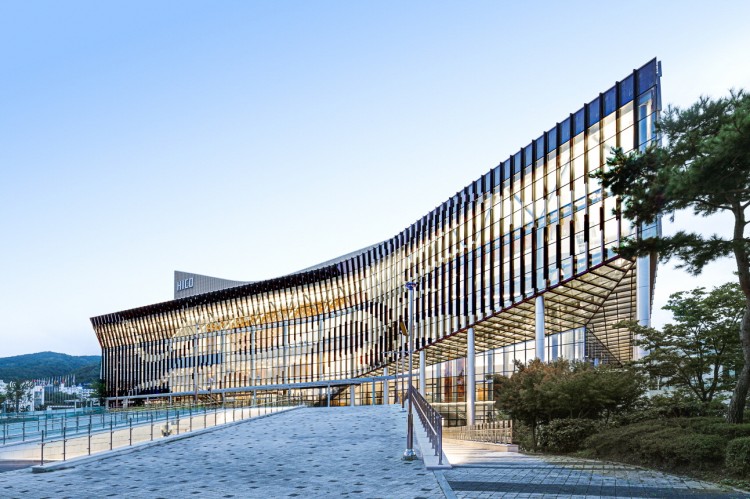Seoul-Washington Seal "Rough" Security Alignment; Tariff Text Still Pending Ahead of APEC

The governments of South Korea and the United States have reportedly reached a "rough" security agreement ahead of the Asia-Pacific Economic Cooperation (APEC) summit in Gyeongju, signaling a strengthened defense partnership. Still, pivotal terms of South Korea's massive, multi-billion-dollar investment pledge, especially the push for a ceiling on U.S. tariffs, have yet to be finalized. The overall economic alignment between the two nations is deeply shadowed by this drawn-out uncertainty.
While officials are aiming to announce the security consensus before the upcoming APEC summit, the lack of an implementation text for the economic portion means that key issues-from investment structure to trade concessions-are still pending, making the summit a critical watershed moment for the alliance.
The Security Consensus: A 'Rough' Agreement Sealed
According to reports citing officials, the two nations have agreed "in general" on security measures, including plans to significantly increase South Korea's defense capabilities in specified areas. Bolstering this security consensus, Seoul recently finalized a plan to significantly lift its defense expenditure by more than 8% in the coming year. The mandate embodies a twofold strategy: cultivating enhanced military self-reliance, yet concurrently guaranteeing the sustained vitality of its partnership with the United States. This diplomatic win comes even as Washington continues its firm insistence that South Korea significantly increase its contribution toward the costs of the U.S. troop deployment and wider security efforts in the region. The finalized security document is intended to solidify the alliance's posture against evolving threats, notably those from North Korea.
The Sticking Point: Tariff Caps and Investment Uncertainty
The main obstacle delaying the final comprehensive agreement is the economic text tied to South Korea's proposed $350 billion investment package in the U.S. The core purpose of this investment proposal was to defuse the threat of punitive U.S. tariffs and settle existing trade disputes. Current negotiations are snagged on two chief issues:
Tariff Ceiling: Seoul is strongly advocating for a 15% upper limit on U.S. tariffs targeting its exports, a stipulation that has not yet been formally codified in the operative documents.
Investment Structure: A fundamental difference exists in how the enormous financial commitment will be arranged. South Korea prefers a model utilizing loans and loan guarantees, whereas U.S. representatives are reportedly pressing for substantially larger payments upfront.
Auto Sector Adjustments: The final status of tariff application and local production requirements for major Korean auto manufacturers operating in the U.S. also awaits final sign-off.
The APEC Deadline: What's at Stake
The upcoming APEC summit, which U.S. President Donald Trump is expected to attend, is now viewed as the unofficial deadline for sealing the economic deal. Failure to finalize the text before the summit could signal serious difficulties in the alliance's trade relationship.
The delay is already causing anxiety among Korean firms, which have cited persistent "visa uncertainties" for skilled workers needed to build new U.S. facilities. The unresolved economic issues are crucial not just for major conglomerates, but also for maintaining the confidence of the South Korean public and corporate sector in the overall health of the Seoul-Washington partnership.



